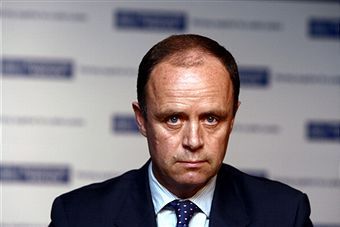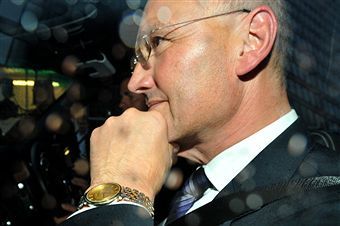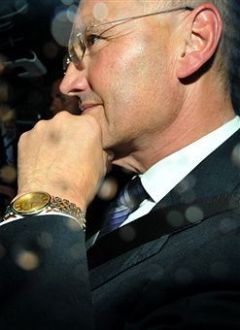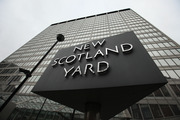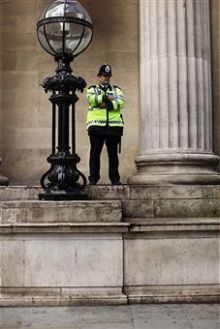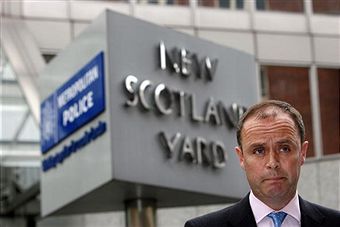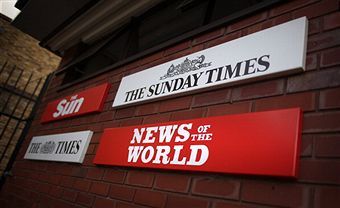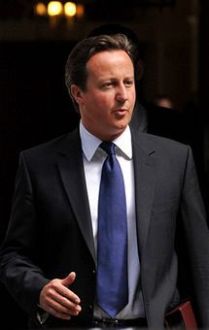Tottenham smoulders
London has become used to protest recently, but there was still something terrible and unexpected in the images emerging from Tottenham last night. Here we had firebombs, missiles, riot police, burning vehicles, smashed-in shops, looting and other criminality — and it has left eight policemen injured, as well as others in hospital. The cause of the rioting was, apparently, the fatal shooting of Mark Duggan by police on Thursday. The effect was scenes reminiscent of Brixton or Broadwater Farm in the 1980s. There will be fresh attention paid to Tottenham — one of the poorest areas of one of London’s poorest boroughs — by politicians now, and rightly so. But



